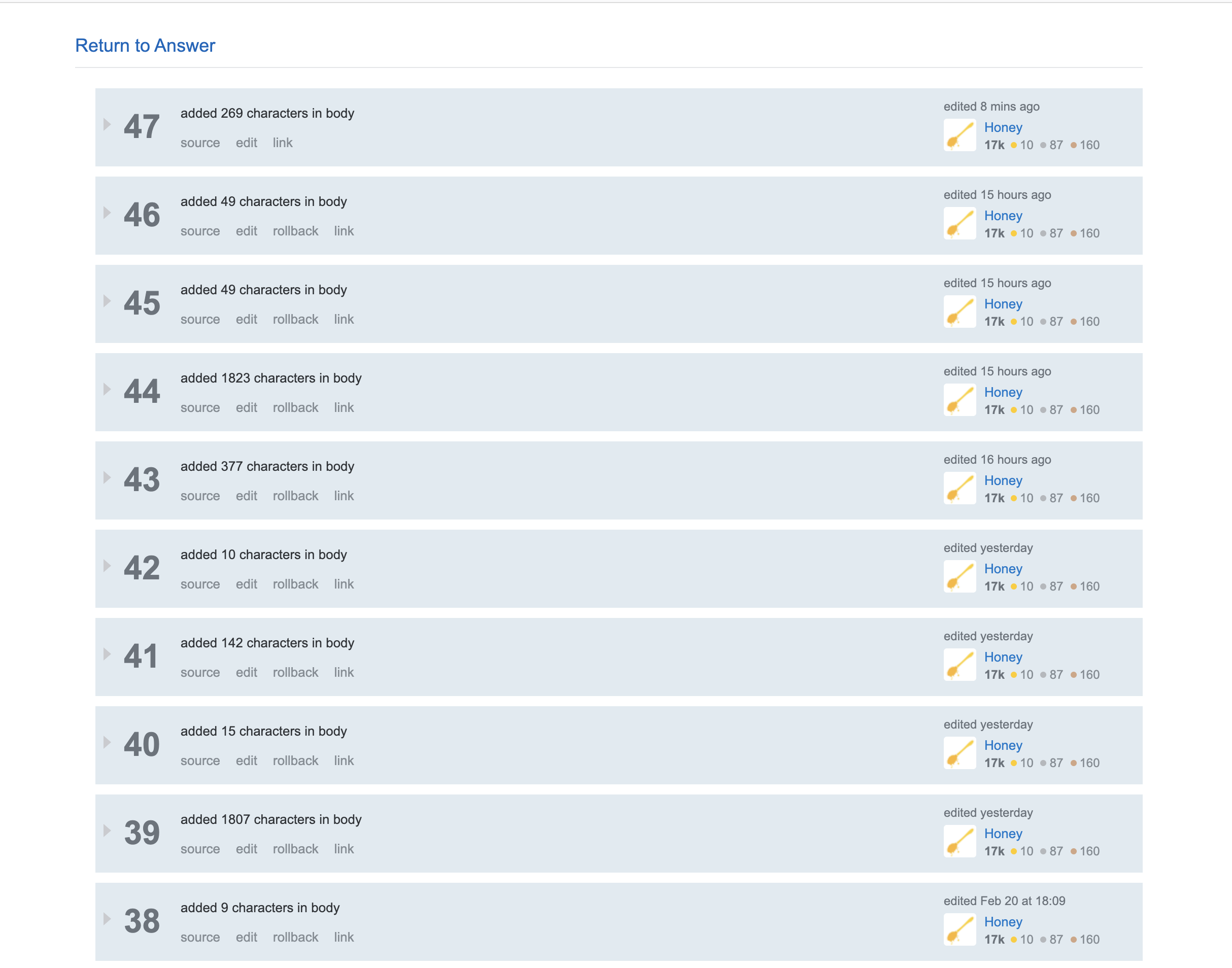Many answers have covered various points, but I've yet to see a detailed answer for writing a scientific answer (i.e. on Math, CS, Physics, etc.) on SE that I like. (Disclaimer: I'm only experienced in math and CS, but I think most of this is useful for the other (emperical) sciences). I'm assuming we're not talking about CSTheory or Mathoverflow as those concern expert to expert communication, which is a different beast entirely. I'll provide a list of tips. Some of these tips might even be useful for technology or non-technical answers.
Know your audience
Most people asking questions are completely uninitiated or at least a novice in your field. If they would be experts, it is likely they are able to research the question on their own, or have other resources to ask (e.g. colleagues). From this, we get to the following:
Always offer (at least) an intuitive explanation
Ideally, your answer should provide insights into the question matter to the asker. As we have established that the asker is often a novice, a long, technical, mathematical proof is probably less than helpful. However, sometimes, technical remarks are necessary. These have to be accompanied by high-level ideas or intuition. (e.g. don't merely show the complicated proof step, explain why you're performing this step) The precise level of intuition or non-technical explanation of the technical ideas involved is up to personal preference, but a good answer should provide at least some.
Jargon
A certain amount of jargon is unavoidable, but it should be used only when it makes the answer clearer. When in doubt whether a term is known by people able to ask the question, provide a definition/explanation. For instance, when answering a question about graph theory, you may assume 'edge' and 'vertex' are known terms. (But you might have to define them/refer to definitions in case graph theory is only a part of the answer, not of the question).
Be aware that there is a cultural component to jargon. For instance, I've long been in the dark what an 'Abelian group' was, even after taking a (elementary) course in algebra. When I finally decided to look it up, I was quite surprised that it was 'merely' a commutative group. ('Why didn't these people just say so?', is what I thought. They probably thought that was exactly what they were doing.)
Mathematical Notation
A very specific kind of jargon, considering the Latin alphabet insufficient for its purpose. It is a very powerful tool in communicating precise arguments and definitions. However, like most powerful tools, using them badly leads to terrible results. As a general rule, prefer formal English to mathematical notation if it does not make the answer less readable. Compare "For all state machines x,y such that ..., we have that x simulates y" with "\forall_{x,y}\in \mathcal{S}: P(...) => (X Sim Y)".
State your business, at the start
Some questions are such that there exist clear objective answers, but nevertheless can have different, useful approaches. It is a good idea to state at the top of your post what exactly you're going to do and how it differs from answers already given (if any).
Use images, if you think they help
This title should speak for itself. An image, however, shouldn't. Always explain precisely what your image depicts (it is possible to do this partially inside the image, but only partially). While an image may clarify your argument, it is not a replacement for it. Do not use too many images, though, this makes your post harder to read eventually.
Be clear about what you know, and what you don't
Sometimes, you will only be able to answer a part of the question. First of all, you should indicate this (see 'State your business'). Second, it is useful to give a reason why you don't know something or why you cannot explain here. A particular case is a question that is simply too complicated to answer directly. It might be the case that an external resource (e.g. some published paper) does provide (the whole) story. In that case, refer and link to the resource, but do at least try to make a brief summary of the relevant portions of the resource your answer needs.
Think further than the questioner
We've already established that you likely know more about the subject that the questioner. This means that it is likely that you could have asked an even better question! Don't be afraid to add some more comments that don't directly answer the question or answer questions that easily arise from your question. It is a good idea to visually separate this from the rest of the question, with a horizontal line, for example.
'Credentials'
My reputation on my 'main' site is there for all to see, but I'd prefer you take my words for what they are, instead of based on who I am.
That said, I think an example of a good technical answer given by myself is this: reservoir sampling algorithm probability


